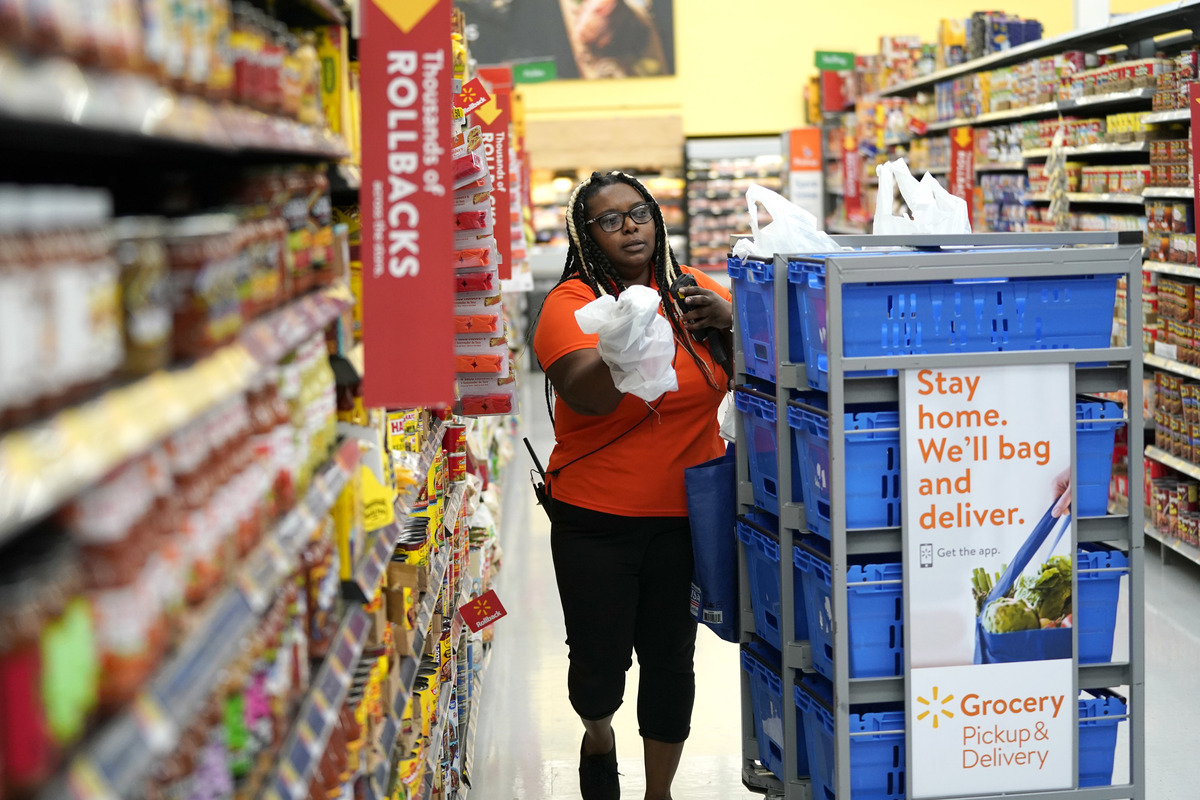Politics
Maine Joins Multi-State Lawsuit Demanding Release of SNAP Funds

Maine has joined a multi-state lawsuit aimed at compelling the Trump administration to release billions of dollars in emergency funds essential for the Supplemental Nutrition Assistance Program (SNAP). Filed on November 1, 2023, in the U.S. District Court in Massachusetts, the lawsuit features Aaron Frey, Maine’s Attorney General, alongside the attorneys general from 21 states and the District of Columbia, as well as the governors of three states.
The lawsuit asserts that Agriculture Secretary Brooke Rollins is legally obligated to ensure continued funding for SNAP, despite the ongoing government shutdown. In Maine, approximately 174,147 residents receive SNAP benefits each month, which includes 59,209 children and 40,235 older adults. Notably, over a third of the recipients have a disability, and in some counties, nearly a fifth of the population relies on the program for food assistance.
In a statement issued on the same day the lawsuit was filed, Frey described the administration’s actions as “unconscionably cruel and unlawful.” He emphasized the need for the Trump administration to adhere to the law and utilize the funds appropriated by Congress to maintain SNAP during this challenging period.
The U.S. Department of Agriculture (USDA) previously warned that SNAP benefits would not be disbursed starting November 1, citing a lack of appropriations from Congress. Despite this, the attorneys general contend that the administration has access to up to $6 billion in a “contingency” fund reserved by Congress for such emergencies. Additionally, they point out that the USDA recently tapped into another $23 billion fund to support the Women, Infants, and Children (WIC) food aid program, which raises questions about the administration’s refusal to use similar funds for SNAP.
If the administration does not change its course, this would mark the first instance in SNAP’s history where benefits have been delayed. The attorneys general are challenging the administration’s refusal to release funds as “contrary to the law” and “arbitrary and capricious” under the Administrative Procedure Act. They argue that SNAP is an entitlement program, meaning funding must be available to all who qualify, rather than being subject to discretionary spending.
Moreover, the lawsuit highlights the broader economic impact of SNAP, stating that for every tax dollar invested in the program, $1.54 in economic activity is generated. In Maine, this translates to an estimated $29 million in economic activity, underscoring the program’s significance not just for individuals but also for local economies.
The Maine Department of Health and Human Services (DHHS) has clarified that while any interruption in November’s SNAP funding will not affect benefits already loaded onto Electronic Benefits Transfer (EBT) cards, it will impact future payments. DHHS will continue to process applications and renewals during the shutdown, but noted that this situation affects food stamp recipients across the nation and cannot be appealed.
In response to the looming cuts, Maine’s Governor Janet Mills is discussing alternative measures with state lawmakers to assist residents who depend on SNAP for food security. The lawsuit seeks a judicial ruling that would deem the administration’s suspension of November’s benefits illegal and require the administration to make those benefits available while preventing any future suspension.
Maine is joining forces with attorneys general from states including Arizona, California, Colorado, and New York, in addition to the governors of Kansas, Kentucky, and Pennsylvania. As this legal battle unfolds, the focus remains on ensuring that millions of Americans continue to receive the vital assistance they need during challenging times.
-

 Sports2 weeks ago
Sports2 weeks agoSteve Kerr Supports Jonathan Kuminga After Ejection in Preseason Game
-

 Politics2 weeks ago
Politics2 weeks agoDallin H. Oaks Assumes Leadership of Latter-day Saints Church
-

 Business2 weeks ago
Business2 weeks agoTyler Technologies Set to Reveal Q3 2025 Earnings on October 22
-

 Lifestyle2 weeks ago
Lifestyle2 weeks agoDua Lipa Celebrates Passing GCSE Spanish During World Tour
-

 Entertainment2 weeks ago
Entertainment2 weeks agoZoe Saldana Advocates for James Cameron’s Avatar Documentary
-

 Science2 weeks ago
Science2 weeks agoChicago’s Viral ‘Rat Hole’ Likely Created by Squirrel, Study Reveals
-

 Lifestyle2 weeks ago
Lifestyle2 weeks agoKelsea Ballerini Launches ‘Burn the Baggage’ Candle with Ranger Station
-

 Health2 weeks ago
Health2 weeks agoRichard Feldman Urges Ban on Menthol in Cigarettes and Vapes
-

 Health2 weeks ago
Health2 weeks agoCommunity Unites for Seventh Annual Mental Health Awareness Walk
-

 World2 weeks ago
World2 weeks agoD’Angelo, Iconic R&B Singer, Dies at 51 After Cancer Battle
-

 Business2 weeks ago
Business2 weeks agoMLB Qualifying Offer Jumps to $22.02 Million for 2024
-

 Sports2 weeks ago
Sports2 weeks agoPatriots Dominate Picks as Raiders Fall in Season Opener









